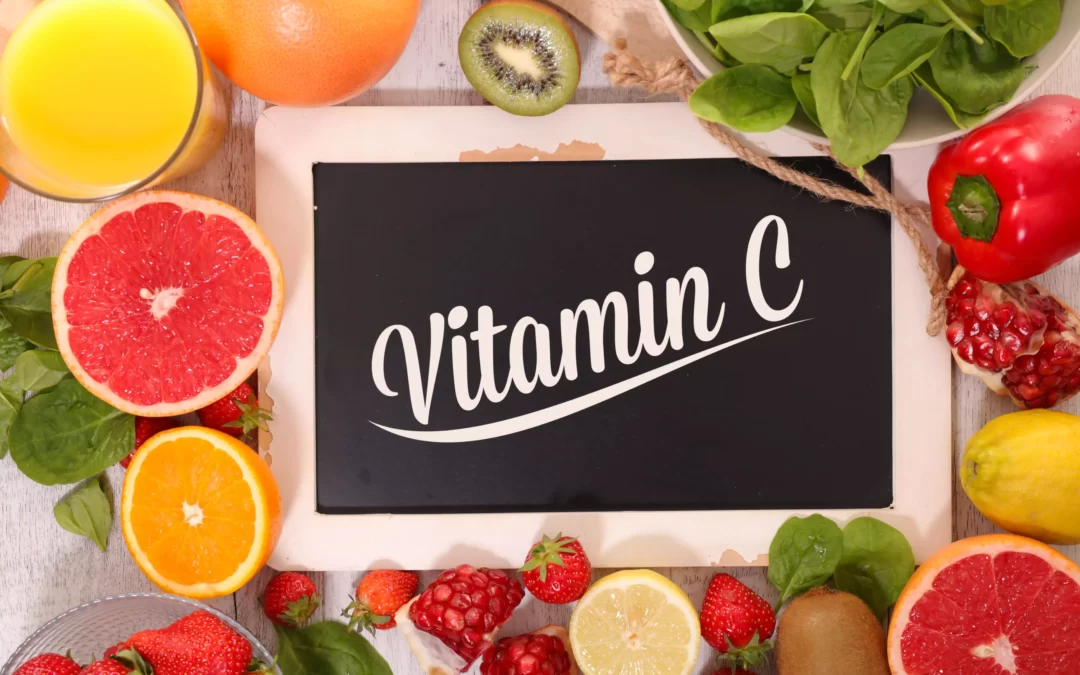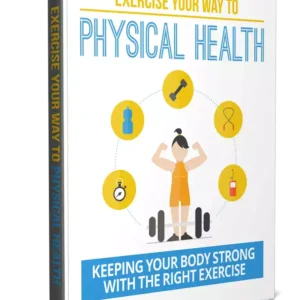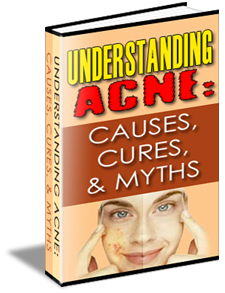Vitamin C is an essential nutrient that supports the immune system. It is one of the most popular vitamins, and for a good reason – it has a range of benefits that support overall health and well-being.
For example, vitamin C helps to protect against infection and disease by stimulating the production of white blood cells fighting illness.
It can also help to reduce the of colds and flu, as well as help to support healthy skin, bones, and teeth.
Vitamin C is in citrus fruits such as oranges, lemons, limes, kiwi, and grapefruit. Iron is an essential mineral that helps to transport oxygen around the body and plays a key role in producing red blood cells.
Iron deficiency can lead to fatigue, headaches, dizziness, and shortness of breath. Zinc is a trace mineral crucial for the growth and repair of tissues, including the skin.
Zinc deficiency can lead to delayed healing, hair loss, skin lesions, and white spots on nails. Animal studies have shown that zinc supplements can reduce the incidence of skin lesions and hair loss.
Take 1,000 to 6,000 mg daily (the higher doses are more effective).
Vitamin A
Vitamin A is an essential nutrient for healthy skin. It is taken orally or applied topically.
Vitamin A deficiency results in scaling of the skin, small, fragile hair shafts, and the growth of coarse hairs.
The recommended daily for vitamin A is 900 to 5,000 IU for adults, depending on age. Vitamin A toxicity is toxic to the liver and can cause congenital disabilities.
Vitamin D is a fat-soluble vitamin necessary for calcium absorption. The recommended daily for vitamin D is 600 IU for adults.
However, recent research suggests that the average adult needs approximately 1,000 IU of vitamin D.
Vitamin D is a fat-soluble vitamin that is necessary for calcium absorption. However, many scientists believe that the average person is vitamin D deficient.
This deficiency can be caused by a lack of natural sunlight exposure, a diet low in Vitamin D-rich foods, or a combination of both.
What is Vitamin D3? Vitamin D3 you can get from sunlight. It is a fat-soluble nutrient that enhances calcium absorption, supports your immune system, maintains strong bones and teeth, and may reduce the risk of some cancers.
So how do you get Vitamin D3? You can get vitamin D3 from sunlight, known as the “sunshine vitamin.”
For most people, however, taking a supplement is a way you get enough of this important nutrient.
Benefits of Vitamin C
Vitamin C is an antioxidant that fights off free radicals that can cause disease and aging. Vitamin C has also been shown to support cardiovascular health, promote healthy skin, support the immune system, and may even help reduce the risk of some cancers. So how do you get Vitamin C? Eat more fruits and vegetables!
Vitamin D
Vitamin D also is a role in immune function, supporting muscle function, and reducing inflammation.
The best sources of vitamin D are sun exposure and foods fortified with nutrients.
If you cannot get enough vitamin D from the sun or fortified foods, talk to your healthcare provider about taking a supplement that contains 600 IU of vitamin D.
Sources of Vitamin C
Vitamin C is a water-soluble vitamin that s important for many things, including Fighting infections. Supporting the healing of wounds. Helping maintain healthy bones, teeth, and gums.
Maintaining blood vessel health. Vitamin C is found in fruits and vegetables.
The main ones are Oranges, lemons, grapefruits, strawberries, broccoli, bell peppers, tomatoes, cauliflower, and Brussels sprouts.
What happens if you don’tdon’t get enough Vitamin C? Vitamin C is important for the growth and repair of body tissues such as skin, bones, muscles, tendons, and blood vessels.
In addition, vitamin C helps in the absorption of Iron from food.
When should I take my supplements?
We recommend that you take your supplements with your first meal of the day or at least 2 hours after taking medication.
Potential Side Effects
Of Vitamin C? Side effects of high doses of vitamin C are rare.
However, some people may experience diarrhea, flatulence, and cramps when taking higher doses. Vitamin C is an important nutrient naturally found in fruits and vegetables.
It is also known as ascorbic acid. Vitamin C deficiency can lead to scurvy, a disease that results in fatigue, bleeding gums, and skin lesions. Is vitamin C harmful? No.
Vitamin is water-soluble, which means it is not stored in the body. Therefore, it does not cause adverse health effects even at high consumption levels. How much vitamin C should I take?
The recommended dietary allowance (RDA) for vitamin C is 90 mg daily for women and 120 mg daily for men.
In addition, the National Cancer Institute recommends taking at least 500 to 1,000 mg of vitamin C a day as a preventive measure against cancer.
Common doses of vitamin C range from 1,000 to 2,000 mg daily.
Safety Issues
Most people consider vitamin C safe and well tolerated when taken in amounts less than 2 grams per day. However, taking high doses of vitamin C may cause some side effects. Side Effects: Side effects may include: Diarrhea
Nausea
Vomiting
Headache (rare)
Bleeding or bruising more easily than normal (rare). Other side effects include Itching, rash, dry skin, and other allergic reactions.
Combining Vitamin C with Other Supplements
With the winter months rolling in, it’s important to take extra care of our health and immune systems.
Vitamin C is essential for overall health, with research showing its potential for supporting the immune system.
As one of the most well-known vitamins, Vitamin C has been researched extensively and has many benefits that can help us stay healthy throughout the year.
In this article, we will explore how Vitamin C provides support to keep the immune system running strong. Some of the sources include citrus fruits, kiwi, strawberries, and bell peppers.
Vitamin C is important for tissue growth and repair and helps maintain good eye health.
Vitamin D can be obtained in two ways: through the skin using ultraviolet light or by eating foods fortified with vitamin D.
Conclusion: Supporting Immunity
And Immune Response
As you can see, this product is a blend of several vitamins and minerals known to support the body’sbody’s immune system, which is important for keeping you healthy.
This product contains no artificial colors, flavors, or preservatives.
Ingredients Vitamins and Minerals: Vitamin A (as Retinyl Palmitate), Vitamin C (as Ascorbic Acid), Vitamin D3, Vitamin E (as d-Alpha Tocopheryl Acetate), Vitamin K1, Thiamin, Riboflavin, Niacin, Vitamin B6 (as Pyridoxine Hydrochloride), Folate, Vitamin B12, Pantothenic Acid, Calcium (as Dicalcium Phosphate Dihydrate), Iron (as Ferrous Fumarate), Zinc (as Zinc Citrate), Potassium (as Potassium Phosphate Dihydrate), Copper (as Cupric Sulfate Pentahydrate), Manganese (as Manganese Sulfate Monohydrate), Chromium (as Chromium Chloride Hexahydrate), Sodium Molybdate, Sodium Selenite.
Nutritional Analysis: based on an 8oz size (155g) per 100g : Calories: 926, Fat Total: 23.5g, Carbohydrates: 59.0g, Protein: 68. 0g, Sodium: 519mg.
Dosage and Administration
Give as a supplement to your adult cat daily. 1/2 to 2 teaspoons per 10 lbs body weight for optimal results.
Give up to 1 teaspoon per pound of body weight for kittens daily. For best results, use daily. For long-term supplementation, divide the daily dosage into equal portions and feed one portion per day.
To maintain optimal health and immune system function, we recommend giving this supplement to your cat every day.
The following dosage is based on a cat weighing 2.2 pounds.
Adjust the dosage accordingly if your cat weighs more or less than 2.2 pounds. We recommend speaking with your veterinarian if you have any concerns.


























